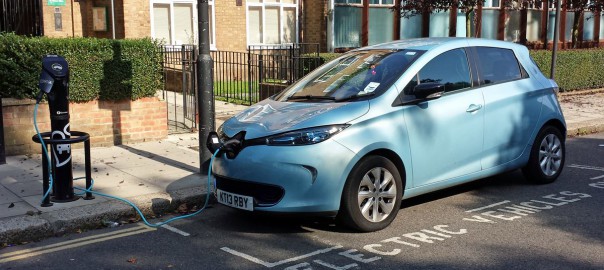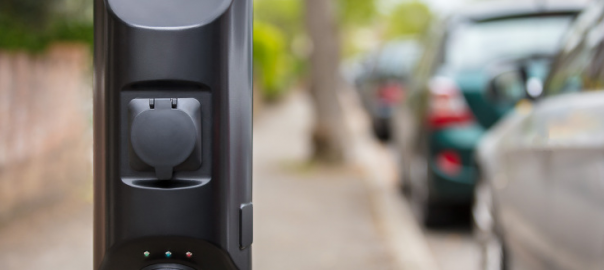Department for Transport announces funding for 12 projects to help drivers charge on streets
The Government is to invest £37 million in a series of schemes designed to help drivers with no off-street parking charge their electric vehicles.
It’s thought that up to 45% of people in the UK don’t have access to their own driveway or private parking, but 90% of ‘charging events’ are estimated to take place at home.
Meanwhile, only households with private parking currently qualify for the Office for Low Emissions Vehicles’ wallbox grant, which contributes up to £500 towards the total cost of installation.

A dozen projects will share the £37 million fund, with each having passed a three-month feasibility study as part of the Government’s Future of Mobility Grand Challenge.
Char.gy – which opened the first lamp post chargers in London last year – has been given £2.3 million to develop wireless chargers for residential streets.
Consultants Urban Foresight secured £3 million to deploy pop-up chargers that rise up from the kerbside, a project that’ll see Virgin Media helping to monitor usage.
Other projects include the installation of multiple chargers in car parks in order to enable “mass charging” of electric cars at night, while “solar forecourts” – which use solar panels to power charging facilities – will also benefit from funding.
Read more: Driving Electric




